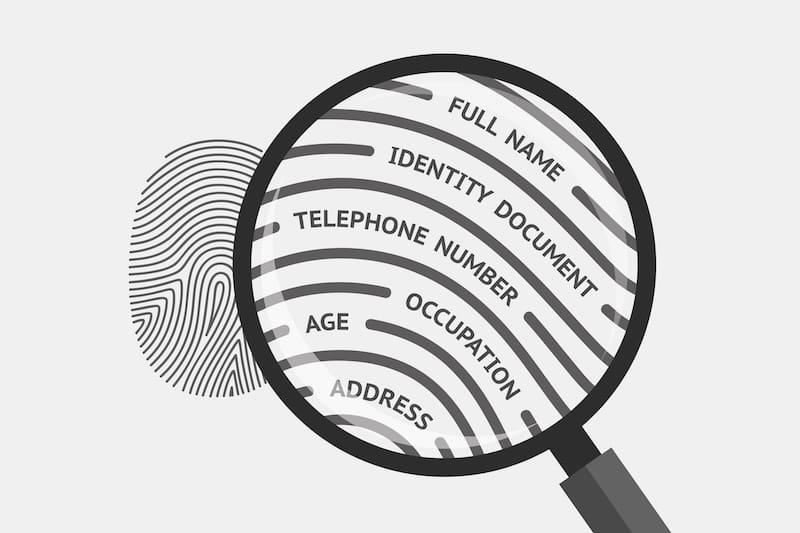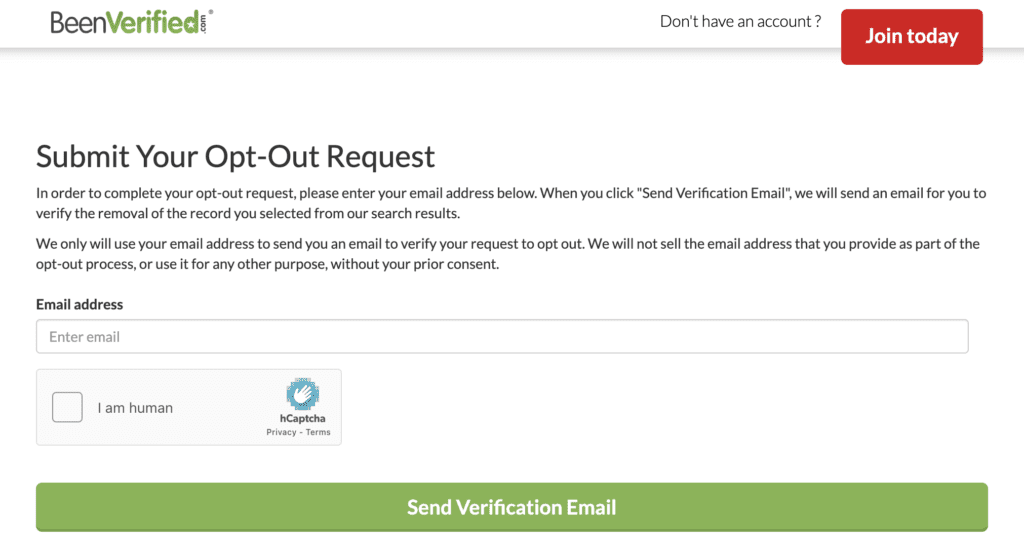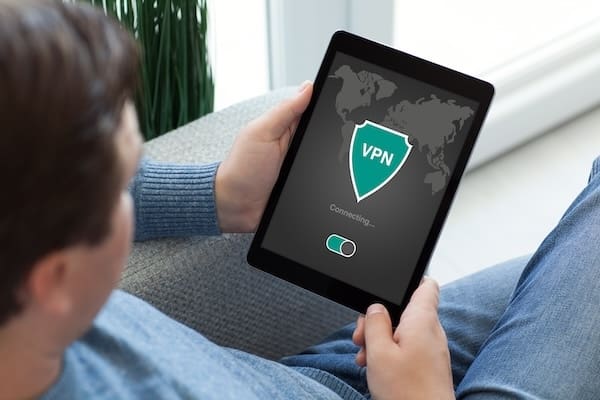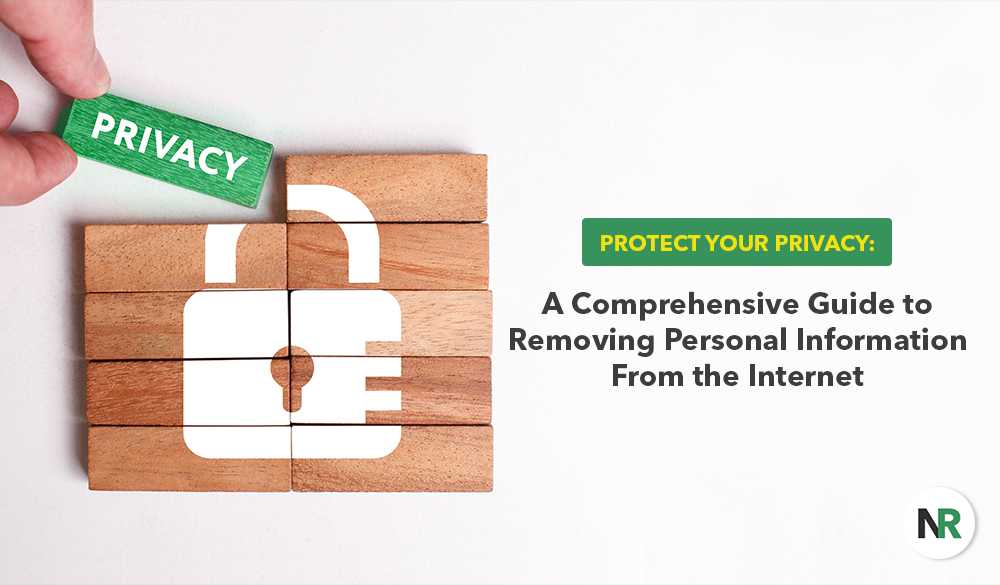NetReputation specializes in removing personally identifiable information from the internet. We’re an Inc. 500 company, recognized worldwide as a top firm in online reputation management.
Do you need to learn more about removing personal information and data from the internet? You’re in the right place — we have everything you need to know about data broker sites, identity theft, public records and protecting your sensitive data.
The internet can be a dangerous place for those who are less tech-savvy. Search engines like Google, Bing and Yahoo are excellent solutions when you’re looking for an answer to a query or shopping online. But there’s a more insidious side of Google search results when you’re talking about data brokers that have your personal info.
What can you do when your personal information and details are available for anyone to see?
In this article, we’ll discuss the reasons why your personal information appears online, plus the methods that lessen the chance of your information ending up in search results.
Our job here at NetReputation is to remove negative search results, defamatory information, harmful images and listings, and mentions of your name online. We take your entire digital footprint into consideration, including:
- Contact information
- Financial information
- Images
- Social media accounts
We believe that it’s always better to know what information is available about you online before it falls into the wrong hands.
Why Is Your Personal Information Online?

Before we get into the topic of removing personal information from the internet, let’s first explain why private information is readily available online.
There are various databases online that house personal and private information. When hackers or cybercriminals gain access to this information, you may experience serious trouble or setbacks, both in your professional life and your personal life.
What type of information do these data broker sites have?
- Banking credentials and financial records
- Contact information (email address, phone number, etc.)
- ID cards
- Insurance policy information
- Medical record history
- Social security numbers
- Tax ID numbers
- Usernames and passwords for social platforms
Knowing as much as possible about removing personal information from the internet is important for protecting your reputation and preventing identity theft. There are thousands of cyberattacks each day. Here are just some of the ways cybercriminals access your personal information and collect data about you.
Information Leaks
This typically happens when an unauthorized user hacks into a secure database in order to steal and distribute private information. This is normally referred to as the “dark web,” where individuals can buy, sell and even auction off individuals’ personal information. (Here’s how much it’s worth to cybercriminals.)
The most common types of information sold include:
- Financial records
- ID cards
- Medical records
- Passports
- Social security numbers
Additionally, if you’re the victim of a phishing scam, the cybercriminal may be trying to access an existing online account of yours or get you to create a new one they can gain access to.

Unsecured Data Brokers
One more reason you should learn about removing personal information from the internet is to avoid data brokers.
The internet is home to multiple data aggregate websites. At NetReputation, we call these websites background reporting databases, data broker sites and people search websites.
Websites such as BeenVerified, InstantCheckmate, Radaris and Spokeo, along with dozens more, house your personal information. The worst part is that since these files are public knowledge, anyone can pay for a subscription and view your records with just a few clicks. With about $10 and an internet connection, people search sites can show users what you do for a living, how much money you make and even where you live.
Social Media and Owned Content

Removing personal information from the internet should also include your social media accounts.
Social media platforms like Instagram, Facebook and YouTube may seem like harmless places to hang out. However, if you operate your account without turning any privacy settings on, you could be providing your personal information to cybercriminals.
This invasion of your privacy can happen via some of the more fun and engaging features of your favorite social media platforms. For example, geotagging your location may be fun when you’re talking about a new restaurant you’ve visited, but it also lets strangers know exactly where you are. Some social media sites can even access your location 24/7, allowing anyone to know where you are at any time.
Social media can also give cybercriminals clues about your security information. For example, if you upload a bunch of pictures of your puppy to Instagram and your posts include your pet’s name, cybercriminals can use that to answer the common “what’s your pet’s name?” security question and then reset your password.
Bad Internet Habits
Internet providers, as well as many other companies, use cookies to track your web browsing history. Usually, cookies allow companies to see what you’re interested in so they can show you targeted ads.
However, while having some personal information on the internet can be beneficial for you, we prefer to remove your info from online data brokers to avoid scams and identity theft. Here’s an example of a common online cyber threat: When a cybercriminal gains access to your Google search history, they can threaten to expose that information unless you pay them.
Remember, the internet can be a dangerous place if you don’t know what you’re doing. If something seems suspicious, it’s best to be wary and do more research before you fall victim to a cybercriminal.
Request a Free Consultation
Expert Guide to Safeguarding Your Online Privacy
When you want to remove your personal information from the internet and online data brokers, there are a few things to keep in mind, which we’ll go over in this section.
Before we get started, it’s important to understand that removing content from the internet can take a long time, especially if it’s not content you control. (Information that data brokers have isn’t under your control, while your own social media profiles are under your control, for example.)
In some cases, it can take as long as a year to have your information removed from Google search. Remaining patient and being consistent is the best way to see results.
Also, no matter how thoroughly you clean your online records, some things may still be impossible to remove from appearing in Google’s search results.
For example, let’s say you were arrested. You may find your picture on dozens of mugshot publication websites. Since the decision to remove your mugshot is usually up to the court, some of those mugshots may stay up indefinitely despite your best efforts to have them taken down.
Remove Unwanted Controlled Content
When it comes to removing personal information from the internet, always start with what you control first, like your personal websites and social media accounts. If you see anything that could negatively impact your reputation, remove it right away.
Here’s a strategy for auditing each online account:
- Create a spreadsheet and list every social media profile and website you run. You’ll audit these one at a time.
- Look through each section of the account you’re auditing: your profile, images and videos, captions and other types of text, etc. Remove anything that could cause a problem.
- See if you’re tagged in anyone else’s content. Decide if you want to remove the tag and/or ask the content owner to remove the content or your association with it.
The general rule of thumb is if there is something you don’t want your mother to see, delete it.

Submit Opt-Out Requests
If you want to work on removing your personal information from any website on the internet, start by looking for an “opt-out” form or a contact email for the site owner. This is how you’ll send your removal request.

If you haven’t already found the websites you are on, start on websites like WhitePages or Spokeo. Once you locate your records, you can revisit Google and search for [website name] opt-out to easily find the opt-out form.
The removal process will differ by website. NetReputation’s comprehensive background check removal is your best option for removing personal information from over 50 sites on the internet in approximately one month.
Delete Unused Applications From Your Cell Phone
Removing negative information from the internet involves cleaning your cell phone, too.
Chances are you have lots of apps on your phone that you never use. Many of those apps probably have access to your personal information, like your email accounts, location, camera, contact list, files, etc. Even if you never open the app, that access is still set up.
If those apps suffer a security breach, your personal information could be at risk. Remove access to other apps, delete your account and remove the app from your phone to be safe.
Use Incognito Functions and Do-Not-Track Features

The internet uses cache as a type of digital memory, and its main purpose is to improve the user experience. If you enter a search query in Google or click on a link, those actions are remembered so that you can have a more personalized experience in the future.
However, if your goal is to remove personal information online, then you don’t want search engines to know that much about you.
Using an incognito can mask your actions and keep your online identity private. Incognito windows bypass cache functionality. (This also means that your Google searches won’t be customized to your preferences, but for the sake of online security, that may be fine with you.)
Another option is to use a VPN, which masks your IP address. This type of encryption can make it look like you’re in another country. Whether you’re maintaining your online privacy or traveling abroad and want to access apps and services from back home, a VPN can help.
Notify Search Engines of Dead Pages
Once you’ve done everything you can do to erase online information about yourself, your last step should be contacting search engines to let them know about these changes.
With Bing, Google, Yahoo and other search engines, you can contact the support team to let them know about information that’s been removed. From there, they can update the search engine results page (SERP).
Protect Your Reputation and Well-Being With Information Removal
Knowing how to remove your private information from the internet will not only save your reputation — it’ll also save you time, stress and money. At NetReputation, we work with businesses and individuals to ensure their online reputation is positive.
Take advantage of our free reputation consultation today to see how you can improve your presence online.
To get started, call 844-461-3632 or complete the form below. One of our knowledgeable reputation specialists will reach out to you as soon as possible.
